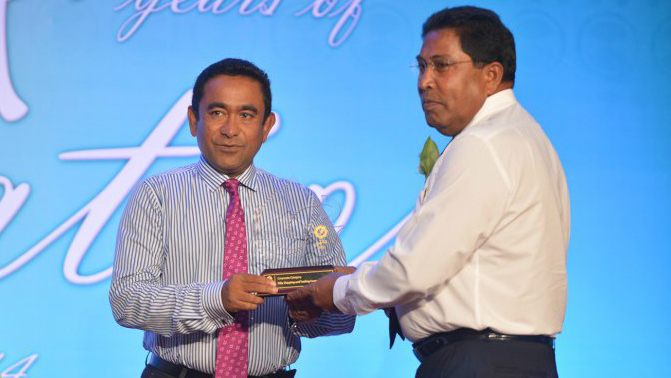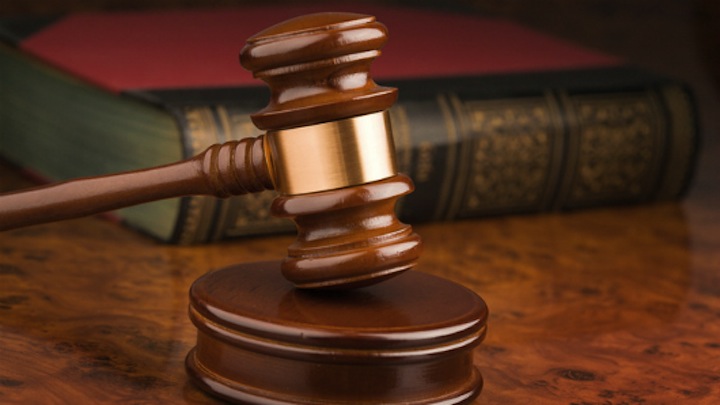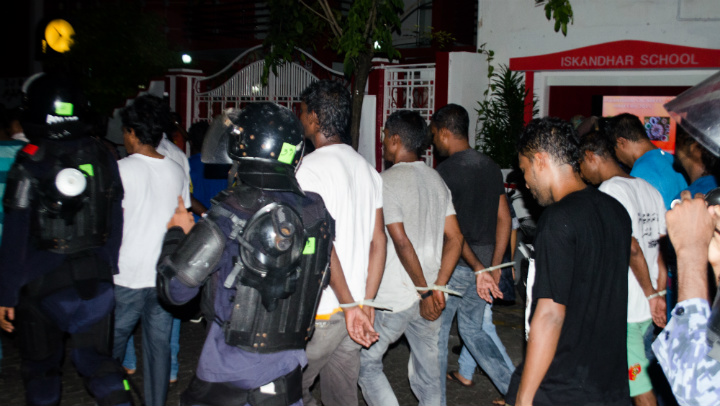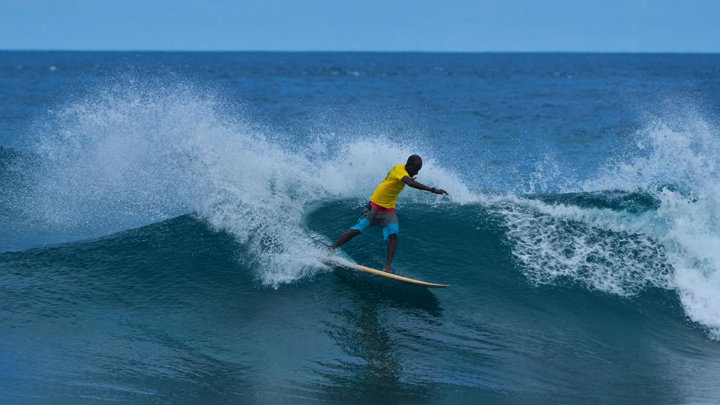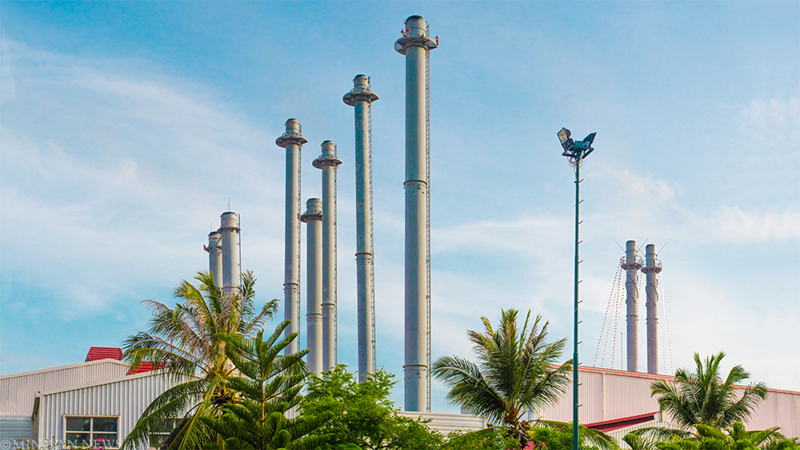If the government is unable to recover sums owed to the state by freezing a company’s accounts, it can suspend all services to the company, including customs clearance and foreign worker visas, the Maldives Inland Revenue Authority (MIRA) has said.
The tourism ministry yesterday ordered the tax authority to freeze the accounts of all companies with pending bills, including that of the opposition Jumhooree Party leader Gasim Ibrahim’s Villa group.
But Villa officials today told local media that the accounts of the holding company, the Villa Shipping and Trading Pvt Ltd, are empty.
The government is seeking US$90.4 million allegedly owed as unpaid, rent, fines and interest on several properties from Villa group. The conglomerate – which operates businesses in shipping, import and export, retail, tourism, fishing, media, communications, transport, and education – says the notice is unlawful and is contesting it at the civil court.
The notice for payment expired on April 18, but MIRA did not freeze the company’s accounts, saying the move may negatively affect the Maldivian economy, local media has said.
Executive director of finance at Villa, Shimad Ibrahim, told Haveeru today that the company’s accounts were empty before the government’s decision to freeze accounts.
“We knew we were going to face financial difficulties before the decision to freeze the accounts. We were set to get a loan to offset the downturn, but that loan was cancelled due to these issues. That is why the company’s accounts are empty,” he said.
Speaking to Minivan News, Fathuhulla Jameel at MIRA said the authority’s enforcement policy allows it to order government offices to suspend all services to the company, and ask the civil court to set an arrangement to recover funds if the company’s accounts do not hold the owed sums.
MIRA issued the US$90 million notice after the tourism ministry terminated agreements for several properties leased to Villa and subsidiary companies for resort development. The move followed Gasim’s JP forming an alliance with the main opposition Maldivian Democratic Party (MDP). However, the government denies the opposition’s accusations of unfairly targeting Gasim’s business interests.
Some 27 cases challenging the termination of the agreements and MIRA’s notice as well as appeals of the civil court’s refusal to grant stay orders are ongoing at court.
While the tourism ministry cited lack of “good faith” as the reason, the Villa officials insisted the terminations were unlawful and that the fines were “fabricated”.
Villa – which won the tax authority’s “Ran Laari” award last year as one of five companies that paid the highest amount to the state – insists it does not owe any money to the state.
But the civil court last month refused to issue stay orders until the conclusion of the dispute, saying the state could reimburse and compensate the company if the ongoing cases are decided in Villa’s favour.
Since the notice was issued, Gasim has not been seen in opposition protests or made any comments on a deepening political crisis triggered by the arrest of opposition politicians. JP’s deputy leader Ameen Ibrahim was also arrested last week after clashes between protesters and police following a 20,000 strong anti-government march.
